Blast From the Past –
By Glynn “Cowboy” Wilson –
Introduction
WASHINGTON, D.C. — It’s only Rock ‘n’ Roll, but I like it. Yes I do.
One of the gods of rock once wrote that in the early 1970s and sang it on the big stages of the world. It was an instant hit.
After all the fame and fortune, and having to face the public constantly after coming to America in the “British Invasion,” as the rock press called it, the Rolling Stone’s sassy front man Mick Jagger took a shot at the paparazzi press, and turned it into gold.
“The idea of the song has to do with our public persona at the time,” Jagger explained in the liner notes to the 1993 compilation Jump Back. “I was getting a bit tired of people having a go, all that … The single sleeve had a picture of me with a pen digging into me as if it were a sword. It was a lighthearted, anti-journalistic sort of thing.”
I feel you on the rock and roll, Mick, and the damn paparazzi too. I’ve had to hang out with these scum sucking bastaads a few times over the years, like when I worked for People magazine covering celebrities at Mardi Gras in New Orleans and hung out with Snoop Dogg at the Girls Gone Wild party on that Bourbon Street balcony. But I try to remain far away from the tabloid press these days, now the clickbait press online. I was more into serious journalism, like The New York Times.
Now I just want to meander and think and not have to break all the latest news of the world. So please forgive this creative diversion into the past, y’all, digging down deep and back, and back into the bowels of memory long forgotten, pushed aside to open the mind to more possibilities. It’s an old story that involves a close brush with Rock ‘n’ Roll history from 50 years ago. I’m not making this up. It begins in 1973, when I was 16-years-old and started my first rock band in our underground basement in the suburbs east of Birmingham, Alabama.
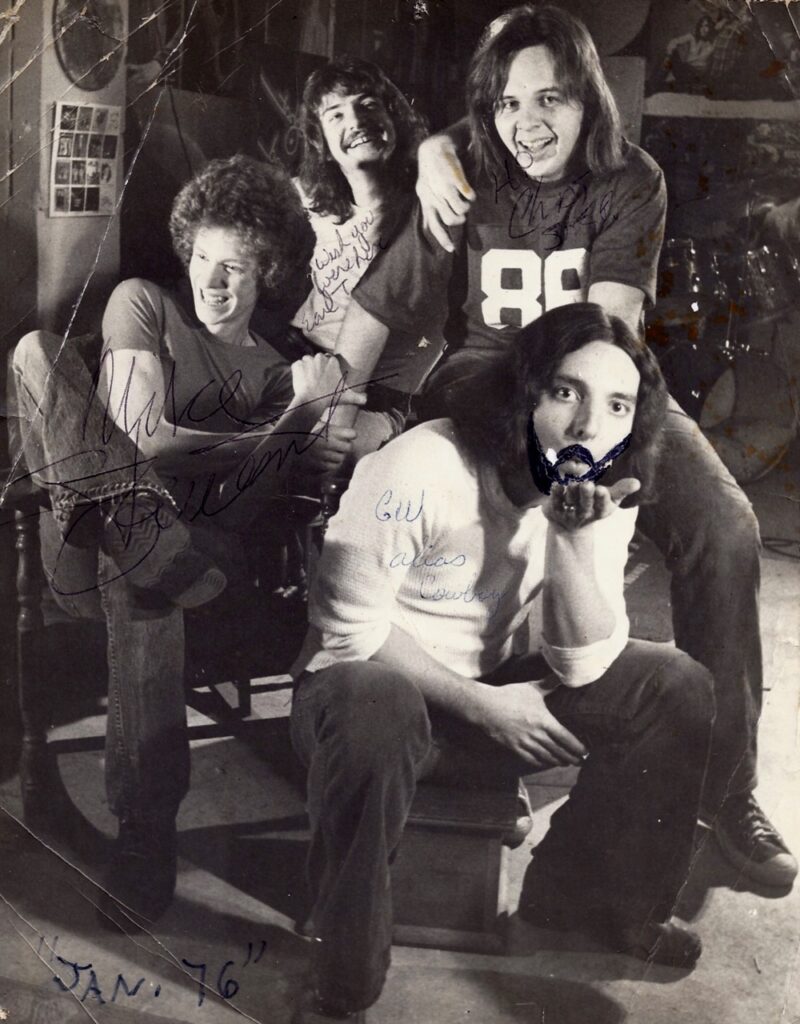
The Orange Plus Band, with Mike Stewart on keyboards, Earl Waller and Chris Shepherd on guitars, Glynn Wilson on drums. I am probably blowing a kiss in this photo because we played a lot of Kiss songs, especially for holiday parties at country clubs: Photo by Mike Stewart, who died of AIDS in Atlanta in the 1980s.
Wayne Perkins of rock fame and his family, including his brother Dale who would become one of my closet friends, lived just down the road across First Avenue in a little white shotgun house between Pinson, Center Point and Trussville on 25th Avenue. Center Point was the most populous unincorporated suburb in the United States at one time, the half way point between Blount and St. Clair counties and the “Smoky” and “Magic City” of Birmingham.
By the time the cultural revolution from the 1960s spread across the country out of San Francisco, Los Angeles, New York and Washington, D.C. to the American South in the 1970s, 10 years late, many of us grew our hair out long like we were seeing on TV. We started wearing Levi’s jeans and rock band T-shirts, and listening to “Album Rock Radio” on stations like K99 in Birmingham. We stayed up late on Friday nights sneaking and watching Don Kirchner’s TV show “Rock Concert” after our parents went to bed.
Later on I would make the observation that a new class of hippie was created, and coined the phrase: “Redneck Hippie” – long hair with a wide belt and cowboy boots. By then Duane Allman had talked Rick Hall of Fame studios in Florence, Alabama into letting Wilson Picket cover “Hey Jude” by the Beatles, and Southern Rock was born. The Allman Brothers, Lynyrd Skynyrd and other bands emerged from the swampy banks of the Tennessee River in the northwest corner of the “Sweet Home” state.
The weed or herb called marijuana found its way to Alabama from Mexico in those days. Our mothers did not like it, but they had their own drugs then, blue Valiums or other “downers” at night, yellow speed or “uppers” in the morning. “Yellows” and “blues.” We also had “reds” and big orange pills with AS on them, but that’s another story. Don’t ask the Allman Brothers. That’s how they probably lost Duane Allman and Barry Oakley in motorcycle accidents a year apart in 1971 and ’72. Two people I knew died in motorcycle wrecks while on downers or barbiturates from this time period. I was an eye witness to one incident, and almost died myself one night when I passed out and crashed a Suzuki 250 while trying to make it to the store to buy cigarettes after a night of partying on reds, weed and booze.
To understand what life was like then in this place, let’s just start by saying the coal, coke and iron ore had to be mined from under and around Red Mountain and processed to generate the power and make the lights and air conditioning work in all these new homes and businesses and to build everything, like skyscrapers made of forged steel from the furnaces of U.S. Steel. The gas had to be extracted and flow through the pipes too, for heat and cooking. The phone lines had to be strung and maintained so we could talk to each other. Somebody had to do it. Some called us “working class.”
My dad worked for the old Southern Bell telephone company building and managing substations in Pinson, Center Point and then Roebuck. He died of a massive heart attack in 1973 at the age of 47 when I was 15. They worked him to death spending entire days wiring analogue electrical connections, in close contact with electro magnetic fields. My mom worked in the office for the Trussville gas company. She died before Covid-19 hit in 2019 at the age of 93.
The planes had to be sanded and painted at the airplane factory, the old Hayes Aircraft Corporation. The dust was full of lead. That’s what Milford Perkins did for a living, Wayne’s dad, a musician in his own right. He later had health problems from it, and ended up with Alzheimers – like many of his generation.
The Perkins family plot lies in the same cemetery in Trussville where my parents are buried. They worked hard and led decent lives. They were part of the “Greatest Generation” as Tom Brokaw wrote, who lived through the Great Depression and World War II. We were the Baby Boomers, light and free and ready to set the world on fire, or save it — depending on who you asked.
In those days, the working people were starved for entertainment. Color television was new, surpassing black and white in 1972. Rock ‘n’ roll came out of the blues in the 1950s and ’60s. By 1973, the people were hooked. But by then, Jimi Hendrix and Janis Joplin were dead, as well as the Kennedys and MLK.
The times they were a changin’, as Bob Dylan sang. Some of us creative types in the South got restless. Wayne Perkins, for one. Glynn “Cowboy” Wilson for another. (Wilson already has a memoir on Amazon Kindle that picks up the story in 1979. This story turns out to be the chapter he did not write before publishing the book. It will be the new lead chapter in the Third Edition).
Wayne Perkins is still waiting for someone to tell his story. It’s complicated. It should have been done 10 years ago, around the time of the independent documentary film on Muscle Shoals. I tried to get Wayne to let me do a video interview with him at the time to get his reaction, but again, there were health and family complications.
He should already be in the Alabama Music Hall of Fame, but the timing has not lined up just right, yet. There is an effort to make it happen later this year. Some writers have taken a crack at this story. Most walk away shaking their heads. There’s a lot to take in, and hard data seems hard to come by.
Looking back at his history, Perkins dropped out of high school at the age of 16 in 1968 and moved to the Muscle Shoals area, and would go on to play with the group of musicians that would come to be called “The Swampers.” He met and played with many big names in American music in the studios there in its heyday, starting out at Quin Ivy’s studio for $100 a week on the recommendation of drummer Jasper Guarino. Over the years he recorded and played with Percy Sledge, Albert King, Freddie King, Levon Helm, Billy Ray Cyrus, Bobby Womack, Delbert McClinton, Michael Bolton, the Everly Brothers, the Oak Ridge Boys, Glenn Frey, Steve Cropper, Jerry Jeff Walker, Richard Wolf, Lonnie Mack, Leon Russell, Bill Wyman, Bob Seger and others, including the Rolling Stones and Lynyrd Skynyrd.
In the early days in the Shoals, Wayne and Ronnie Van Zant became friends, and Perkins is credited on Skynyrd’s “First and Last” album and greatest hits records for tracks recorded earlier at Muscle Shoals Sound Studio, the “Preacher’s Daughter” and “Down South Jukin.” The band first showed up at Quinn Ivy’s studio in a beat up green van wanting to try out as the road band for Percy Sledge. That didn’t happen (this story will be told in a new book in the works on Wayne Perkins).
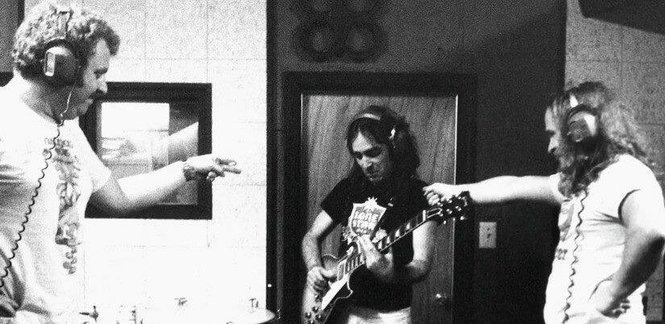
Wayne Perkins (center) playing guitar with Lynyrd Skynyrd as Ronnie Van Zandt (right) points at Wayne in the Muscle Shoals Sound studio. That’s Jimmy Johnson (left): NAJ screen shot
Maybe part of the problem in telling the story is dealing with the fog of the time, and not just from the “drugs, sex and rock and roll.” A peanut farmer from Georgia got himself elected president after another resigned in disgrace after the Watergate scandal and ending the controversial war in Vietnam. There were protests, of course, along with the Civil Rights movement. The pollution of the environment became a big news issue then too. Remember the first Earth Day in 1970? Then came the oil embargoes from Saudi Arabia and long gas lines at the pump. The economy was suffering from inflation then too, after all the spending and the boom of the ’50s after World War II and the growing economy of the ’60s.
Memory
In the interest of contributing at least a couple of key stories to this narrative, and bring it up to date, this story came out of the events in February when Joni Mitchell graced the Grammy stage for the first time. It shook the ground of memory.
We Lived in the Time of Joni Mitchell: Could the Grammys Give America the Hope We Need?
Meeting Wayne Perkins
It was 1975 and I was a member of the drum line in the marching band at Erwin High School. We also had a concert band and a jazz band we called the Stage Band. Gail Perkins, younger sister to Wayne, was near my age in the class of 1977. I was in the class of ’76, and 1976 was a special year, the bicentennial of the United States. Believe me, we all thought we were special too! They called us the “Me Generation.” In my foggy recollection, Gail was a sexy hippie chick then who liked to take walks in the rain. I took a picture of her one time in that shotgun house sometime around the day I’m about to talk about. Wish I still had it.
But I have a distinct memory of sitting on the front porch one day that must have been late spring 1975, when I was 16. Summer was coming, and a party was in the air. It was afternoon, and Dale Perkins came pulling into the dirt and rock driveway with band equipment in the back of the truck. In an interview with Dale after this story was first published, I found out he was playing in a band then called Moon Hill with Bob Montgomery on guitar and keyboards and Phil Yeager on bass. A little while later Wayne showed up in a cab from the Birmingham airport.
That’s when I laid eyes on Wayne Perkins for the first time. His return caused a euphoric commotion in the household. I had no idea who he was or where he had been, yet. The only frame of reference I had in my head was the story of the prodigal son, welcomed with open arms upon his return home.
“Wayne is home! Wayne is home!” someone yelled for the whole neighborhood to hear. Probably his sister Debbie, who we called “Brick Pig” after the line in the Commodores song “Brick House.”
“Ow, she’s a brick house … She’s mighty-mighty, just lettin’ it all hang out. She’s a brick house, that lady’s stacked and that’s a fact, ain’t holding nothing back…”
Trying to piece a story like this together from so long ago can be frustrating. Memory is hazy, some people are gone, others hard to interview. But when he walked up on the porch I was mesmerized. As a teenage drummer trying to break into rock and roll myself, it was obvious to me this guy was SOMEBODY! He had a presence and a charisma like no one I had ever met in person, except maybe Bear Bryant or George Wallace.
Bryant I met twice, once in an elevator at the Ramada Inn in Tuscaloosa during a church league basketball tournament, and stumbling drunk and mumbling like he did in the Coleman Coliseum at a basketball game after he lost the Orange Bowl to Nebraska in 1972. I got his autograph both times. This one shows the Alabama basketball team beat Southern Cal 76 to 66 that night.
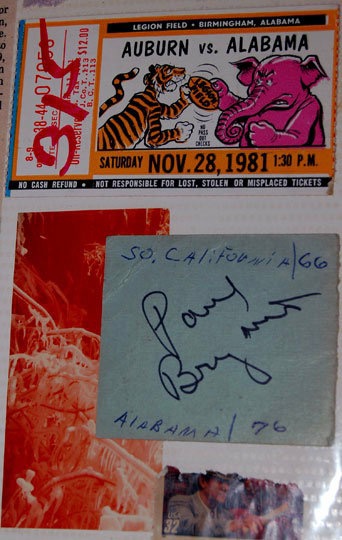
I kept this in a scrapbook for many years, until I had to get rid of all my paper files in 2014, when we sold our house in Birmingham. I did think to scan it, however, before I hit the road: Scanned by Glynn Wilson
Wallace I met once when I was young in a park during a political rally, and later covered his last term as governor as a newspaper reporter in the 1980s. The Klu Klux Klan was collecting money in white buckets at the traffic light by the Jack’s Hamburgers, a new fast food joint that popped up trying to compete with McDonalds. In the final analysis, he was a political animal and total opportunist. He suffered from great pain after being shot in that Laurel, Maryland parking lot, but sort of got what he deserved, after all the shit he kicked up about race.
Perkins was far more interesting to me. If you could call it worship, I worshiped the gods of rock far more than the gods of football, although they were important. Politics always had a certain appeal to me as well. But Wallace? I was not so sure about him.
All I knew at the time was that Wayne had been overseas somewhere, and later heard he had been in London playing in the Island Records studio with Bob Marley, and later the Rolling Stones. He visited Barbados and Jamaica a time or two, at least once with Eric Clapton, and there were women involved, of course, one who wrote a tell all book. Look up Patty Boyd, the muse of Layla. And of course they were digging on the Reggie and the smoke of choice, Ganja. It was actually a Hindu term that refers to the plant’s buds, meant to be smoked. The term is most commonly associated with Rastafarians in Jamaica.
That may have been where Perkins had been before coming home that day we met, or he could have come back from recording and meeting the Stones in Germany or London.
I also recall him going into the front room of the house and getting on the telephone with someone important. I believe he was talking to Jackson Browne.
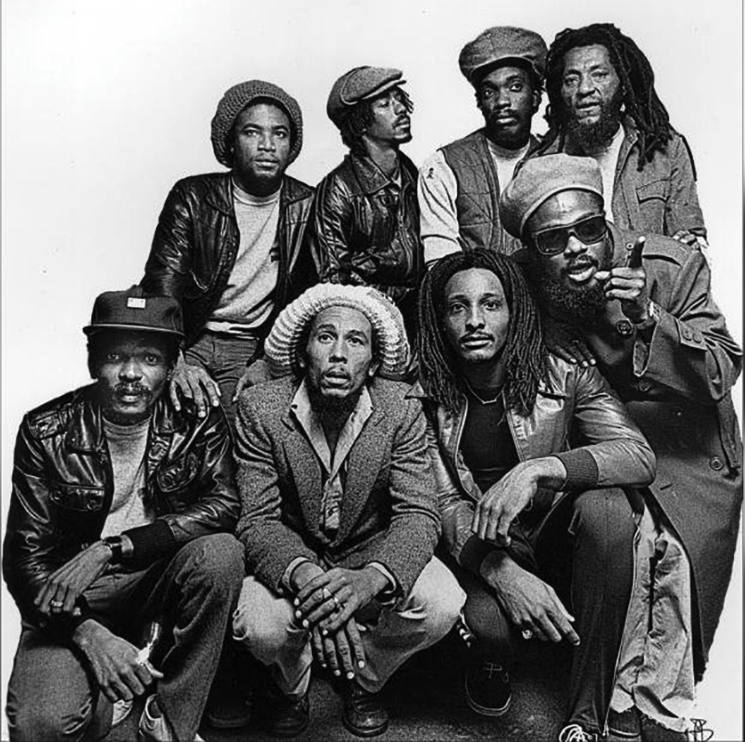
Bob Marley and the Wailers in a photo taken at London’s Kensington Hilton. In their history, they have sold more than 250 million records worldwide: NAJ screen shot
Perkins is credited on “Catch a Fire” by Bob Marley and The Wailers in 1972 and ’73, as well as lead guitar overdubs on “Concrete Jungle” and “Stir It Up” and “Baby We’ve Got a Date.” So those recording sessions would have taken place in 1971 and ’72, about the time Chris Blackwell of Island Records teamed Wayne up with the Smith brothers, forming the Smith Perkins Smith band, which recorded one album and went to London to tour with Jackson Browne and the band Free. There he met and partied with Eric Clapton, who would later help arrange an audition with arguably the world’s greatest rock band, The Rolling Stones. Mick Taylor was leaving the band. He had joined in 1969 to replace Brian Jones after he was found dead in a swimming pool.
Hear Wayne tell the Bob Marley story here:
After Wayne helped create the Southern Rock guitar parts for Marley’s records, turning them into hits and gold records for mass European and American markets, Marley toured the world. When he made it back to Jamaica, he was associated with socialist political figures there and became something of a revolutionary figure like Che Guevara in Cuba. He drew the attention of the C.I.A., and in Blackwell’s memoir, he confirmed the story that the spy agency had opened a file on him because of his appeal to young revolutionaries in the U.S. He tells the story of Marley being shot in the arm at Blackwell’s island retreat, and being at Marley’s bedside when he died. Some conspiracy theorists like to claim Marley was killed by the C.I.A., but in reality he died on May 11, 1981 at the age of 36 at Jackson Memorial Hospital in Miami, Florida from a cancerous melanoma in his big toe after an injury that made it hard for him to play soccer. At one point a doctor wanted to amputate his toe. But he apparently thought his Rasta faith would save him.
Perkins did not get the Stones gig on guitar. Ron Wood was picked instead. The Stones were, after all, part of the “British Invasion” to America. It was a British band. In his memoir Life, Keith Richards says that Perkins was very nearly asked to replace Mick Taylor in the Stones. “We liked Perkins a lot. He was a lovely player…[but] it wasn’t so much the playing, when it came down to it. It came down to the fact that Ronnie was English!”
Joni Mitchell
Dale describes this period in Wayne’s life and career as a whirlwind of activity, coming and going from Birmingham to Muscle Shoals, London, California and Germany and back, sitting in with many of the great artists of the time in studio sessions, and playing on tour with the likes of Leon Russell and others. Sometime in 1973, Perkins left town again, hooking up with Jackson Browne where they ended up in Los Angeles and hanging out with Joni Mitchell, Bob Dylan, David Crosby and others at David Geffen’s Beverly Hills mansion.
If you don’t know who David Geffen is, or his story, check out this documentary from American Masters: Inventing David Geffen.
Perkins is credited on the “Court and Spark” album for the song “Car on a Hill” for guitar fills and riffs. Apparently they had a brief affair after a fight between Joni and David Crosby, and he ended up in the studio with her. The song is apparently about the time Jackson Browne stood up Joni and was a no show on a date. She apparently really loved him, but he didn’t love her. This time in music history was laced with all kinds of revenge songs from the failed love affairs of artists like Stevie Nicks and Lindsey Buckingham, Carly Simon and James Taylor, and others.
Joni Mitchell’s “Court and Spark” was released in January, 1974.
We Lived in the Time of Joni Mitchell: Could the Grammys Give America the Hope We Need?
After that Wayne went back to Tulsa, Oklahoma, and rejoined Leon Russell’s band at the Church Studio. You can find a few videos on YouTube showing him playing a black Les Paul guitar in Russell’s band, including this rare footage of the Gap Band backing Leon.
Lynyrd Skynyrd
For whatever reason, 1975 must have been a leaner year for Wayne. He was back in Birmingham that summer. I know for a fact.
He almost ended up playing guitar with the band on the road. But it was not to be.
This is one of those lingering questions that has never been answered. Until now.
That summer I heard the news Lynyrd Skynyrd was coming to town. It was reported the band was coming to Birmingham to play a Fourth of July show at Rickwood Field, home stadium to the Birmingham Barons minor league baseball team. This came as something of a surprise, since the neighbors had been complaining for years about the noise from concerts, even though they made money for parking cars, just like baseball games. The same thing was true for football games at Legion Field on the west side of town. (In the late 1980s, I saw the Rolling Stones at Legion Field with a group of friends from Southside on the Steel Wheels/Urban Jungle Tour, Aug 31, 1989 – Aug 25, 1990, but that’s another story).
Rickwood banned concerts for awhile, maybe all night concerts. But they scheduled an afternoon show that year for the Fourth. I vowed to go. All my friends were going to the lake for the holiday. I wanted to see Skynyrd live. But with no one around to go with, I took a shot and drove over to the Perkins house in my new black and white striped Gremlin X, an American Motors car made of fiberglass, plastic and Naugahyde. At the time, we only paid $3,500 for it. Imagine that, for a brand new car.
It had a straight six International engine and a Dodge 3-speed transmission and drive train, and on a good day, it could outrun a Ford Mustang made of metal with a 289 cubic-inch motor, a 4-speed transmission and a four barrel carburetor. The heavier and more powerful Mustang would take the lead in the quarter mile as you shifted from first into second gear. But after the light-weight Gremlin wound all the way out in second, catching up to the Mustang and pulling even, and you shifted into third gear, the Gremlin would pull ahead and cross the finish line first.
Surprisingly, Wayne was home alone on that Saturday, July 5, 1975. The Fourth actually fell on Friday that year, but the official Independence Day celebration came on Saturday. I asked Wayne if he wanted to go to the concert. He hemmed and hawed a bit, but finally said, “let’s go.”
“Well get cleaned up and dressed,” I said. “I’ll drive.”
I don’t recall knowing he had played with Ronnie Van Zant and the Skynyrd band in Muscle Shoals before, or maybe I had heard something about it. Those first songs recorded in Muscle Shoals Sound Studio were not released until years later. And of course there was no internet to Google it and find out.
Anyway, we took off and headed for Rickwood Field. I had a ticket purchased in advance. Wayne did not. He headed for the back stage entrance and disappeared. I could have followed him back stage I’m sure. He would just introduce me as Cowboy, the nickname I had picked up as a kid and carried over into rock and roll. But I wanted to see the show, so I headed through the front gates and onto the field.
Skynyrd, as everyone called it, was an American rock band formed in Jacksonville, Florida in the ’60s, but released its first album “Pronounced” in 1973 and began climbing the charts and headlining stadium concerts. By 1975, it was one of the hottest tickets in America.
Sweet Home Alabama
It was a great concert. My distinct memory is that the sound was really good, unlike some shows at Rickwood. Some sound engineer got it right that day. Deep Purple was so loud and distorted you really couldn’t enjoy the show. So doing as we often did in those free wheeling days, meandering through the crowd partying with friends, meeting cool people, getting closer and closer to the stage, by the end of the concert I ended up right in front of the stage, dancing as the main part of the show ended with a long jam version of “Free Bird.”
The band took a short break for a drink and a hit. Then Wayne Perkins came out onto the stage, and the crowd began to clap and cheer. I was both excited and taken aback, not really expecting it. Van Zant introduced Perkins to the Birmingham crowd as a hometown boy, an Alabama favorite son, and handed him an Ovation guitar. Wayne thinks it’s the one he used in hotel rooms to write Sweet Home Alabama and Free Bird. Back on stage, the band kicked off “Sweet Home Alabama.” The crowd went wild. Wayne had something of a local following in Birmingham, so some people noticed. But I would hear later from all kinds of people from all over the country that this song had that effect on audiences from Washington State to Maine, and all over the South, because of the belief that it was a counter ballad to Neil Young’s “Southern Man” and “Alabama.”
And of course, how could you not start cheering and dancing when you heard it kick off with that now classic guitar intro, and pickup with that drum beat? The song, something of a tribute to The Swampers, was released on the band’s second album, “Second Helping.” It made it into the top 10 and reached No. 8 on Billboard’s Top 100 chart. They still play it at Alabama Crimson Tide football games in Tuscaloosa. The crowd still goes wild. I don’t remember the other two songs, but on the last one, the time was up for the concert to end. Birmingham police showed up and made their way toward the side of the stage. Someone pulled the power plug out of its socket back stage. Van Zant went a little crazy, as I recall, yelling at the cops. A brawl nearly ensued. But the band and the road crew got him and everyone off the stage, and they all hightailed it over to the Hilton Hotel by the Birmingham-Jefferson Civic Center, now a Sheraton.
Wayne remembers this. We talked about it after I interviewed him for his reaction to Joni Mitchell’s appearance at the Grammys.
“They pulled the plug,” he said, getting mad all over again, then laughing about it. Apparently it was the only time he played live with Skynyrd. And it would not have happened if I had gone to the lake and not given him a ride to the concert.
Related: We Lived in the Time of Joni Mitchell: Could the Grammys Give America the Hope We Need?
I had planned to try to get Wayne’s attention, and get him to bring me back stage. But chaos ensued, and the crowd began rushing toward the exits.
If you want to see what the band looked and sounded like in those days, check this out. Sweet Home Alabama Recorded Live: 7/2/1977 – Oakland Coliseum Stadium – Oakland, CA — three months before October 20, 1977, when the band’s chartered airplane crashed in a heavily wooded swamp in Amite County, Mississippi.
I don’t remember how I knew, but somehow it dawned on me to head over to the Hilton. Maybe I wondered if Wayne might need a ride home. Anyway, I made my way over to the lobby bar and found someone on the staff or the road crew to tip me off on what floor the band was staying. I took that glassed-in elevator with the view of the city up to the floor, and walked down the hall until I saw a door partially open and heard loud voices coming from inside. I peeked my head in to see if Wayne was there. Ronnie was laying across the bed, and Wayne sat at the foot of the bed facing the door, but looking at Ronnie. They were talking and laughing and partying.
After a minute or two, Wayne noticed me and said, “Come on in Cowboy. Hey everybody, this is Cowboy.”
Everybody welcomed me in, and somebody handed me a beer. The room smelled sweet of ganja, and someone else passed me a joint.
I was a bit of a shy kid sometimes, not always, but this was a bit intimidating. I did what I would often do for years later, and kind of went into a Zen mode, sitting back and observing and almost disappearing. I actually recall doing this on purpose. I must have read about it somewhere, maybe Rolling Stone magazine. This became a tactic for me later in journalism, working a room but sort of disappearing into the woodwork, so to speak, letting people talk and just listening. You would be amazed to discover the things you hear.
After a while, I knew my mom would be worried where I was, so eased out the door and out to the car. The on ramp to Interstate 59 was right in front of the hotel, so I sped home, likely late for dinner and in trouble. But see, it was worth it, mom. I can honestly say I partied with Ronnie Van Zant and Lynyrd Skynyrd, before the plane crash. And now I got this story out of it.
I wasn’t on the stage. I didn’t even make it back stage that day. But I was there. I saw and heard it all. It may have been the only time I heard the band play live. And if I’m not mistaken, it was the only time Wayne Perkins played on stage live with Skynyrd.
Then after all these years of thinking about it and researching it, I believe Van Zant asked Perkins to join the band that night in Birmingham. I was there in the hotel room, but didn’t witness it in person because I left early. I was still a teenager living at home.
This would make sense, because Van Zant insisted on giving Wayne that Ovation guitar he played on stage with the band at Rickwood Field. Wayne says he told Ronnie he had plenty of guitars and didn’t need it, but Ronnie persisted.
Some versions of the story have Wayne being offered a guitar gig with Skynyrd earlier in Muscle Shoals, but he seems to think it was later, before the infamous and tragec rock legend of what happened on October 20, 1977, when the band’s chartered airplane crashed, killing Van Zant, guitar player Steve Gaines, and backup singer Cassie Gaines, seriously injuring the rest of the band.
Wayne seems to think he had a premonition or a bad feeling about it at the time.
While Wayne now says it happened more than once, I’m now sure at least one of those times happened that Saturday night in Birmingham on July 5, 1975, a little more than two years before the crash. It would make sense. The band had quite a few personnel changes over the years. So maybe they did need him? He tried to turn down the guitar, we know. It would make sense he also turned down the gig.
“When Ronnie asked me to join the band, I said hell, Ronnie, you already have three guitar players. Why do you need me?” Wayne said last week when we talked about it again. He’s told me this many times over the years. Other reports have him saying, “They didn’t need me and I had a lot of other stuff coming my way.”
Here’s the confirmation. Barbara Scott who has been involved with the Perkins family and my friend too for many years, and has heard the story many times, says, “He always told me it was the night Ronnie Van Zant gave him the Ovation guitar.” When she said it, I knew.
Confederate Flag
In later years, when the Confederate flag backdrop became more controversial, I thought less of the band, even though it was claimed they never meant anything negative or racist by flying it. It did offend some people, so they stopped using it.
Artistic Cognition
But there is no question about the band’s musical appeal and success at the time. And if you think about it, there are some similarities to what Joni Mitchell started by revealing herself and her full soul in her music, as Brandi Carlile said at the Grammys, and what Hunter Thompson was doing in new journalism, putting himself and his soul into writing about politics and culture. It came to be called Gonzo Journalism. Yeah, it seemed crazy at the time. But he was telling us something. He predicted the “Death of the American Dream.” We could very well be facing just that in this year’s election.
We Lived in the Time of Joni Mitchell: Could the Grammys Give America the Hope We Need?
I wouldn’t call this one of his best songs, but there’s no doubt Ronnie Van Zant was writing about himself and his own feelings when he wrote “Don’t Ask Me No Questions.” In retrospect, we can now see that this is part of his genius as a songwriter — and critical to the band’s success.
Do you see the artistic and literary connection here?
Fully aware of it or not, through intuition or study and concentration, this work is the result of cognition, the mental act or process of acquiring knowledge and understanding something through thought, experience and the senses. This may sound funny to say about a raucous rock star like Ronnie Van Zant. But from deep down inside of himself, he knew something about how to communicate his message to people — and have a hell of a lot of fun doing it. And he did it in time to get rich and famous, and to create a legacy of work worth being remembered for.
That’s rare.
And the band’s songs are still being played on the radio, on classic rock stations everywhere.
Lyrics
Well, every time that I come home,
nobody wants to let me be
Seems that all the friends I’ve got
just got to come interrogate me
Well, I appreciate your feelings
and I don’t want to pass you by
But I don’t ask you about your business,
don’t ask me about mine, yeah
Well, it’s true, I love the money
And I love my brand-new car
I like drinking the best of whiskey
Playin’ in a honkeytonk bar
When I come off the road
Well, I just gotta have my time
‘Cause I got to find a break in this action
Or else I’m gonna lose my mind
So don’t ask me no questions
And I won’t tell you no lies
So don’t ask me about my business
And I won’t tell you goodbye (that’s right)
Well, what’s your favorite color
And do you dig the brothers
It’s driving me up the wall
And every time I think I can sleep
Some fool has got to call
Well, don’t you think that when I come home
I just want a little piece of mind
And if you wanna talk about this business
Buddy, you just wasting time
So don’t ask me no questions
And I won’t tell you no lies
So don’t ask me about my business
And I won’t tell you good-bye
I said, “Don’t ask no stupid questions
And I won’t send you away”
If you want to talk fishin’
I guess that would be okay
(Woo!)
In parts of 1974 and ’75, Eric Clapton, who Wayne had befriended when he first went to London at the behest of Christ Blackwell of Island Records, recommended Wayne to replace Mick Taylor on guitar for the Rolling Stones. Taylor was leaving the band and a search was on to replace him. Perkins flew to London, met Mick Jagger and the other members of the band, and found a friend in Keith Richards. They enjoyed the same nightlife, including partaking in the same drugs, including cocaine and heroine. Perkins traveled to Germany with them, and cut guitar parts for the band’s next album. The Rolling Stones released the “Black and Blue” album on April 23, 1976. Perkins is credited for playing electric guitar on “Hand of Fate” and “Fool to Cry” and acoustic guitar on “Memory Motel.” That’s likely where Perkins returned from the day we met.
Back in Birmingham in 1977-78, Wayne joined the Alabama Power Band, a popular local rock band in Birmingham playing clubs like the Mouse Trap and the Crossroads. But when Wayne helped them write some original songs and go for a record deal, they had to change the name due the threat of a trademark lawsuit by Alabama Power company when they signed a two record deal with Capitol Records. They called it Crimson Tide, after a line in the Steely Dan song “Deacon Blues” with the line “They call Alabama the Crimson Tide.” It was on the Aja album, released in 1977. It reached No. 3 on Billboard’s album chart, where it remained for seven consecutive weeks. The song also was a hit single in early 1978.
Wayne Perkins became the lead singer and guitar player, with Bobby Delander on rhythm and lead guitar and vocals, J.J. Jackson on bass and vocals, Greg Straub on keyboards, and Dale Perkins on drums and backup vocals.
Between 1978 and 1980, they released two albums, the debut album called “Crimson Tide,” and “Reckless Love” from the title track, before it all fell apart.
Backstreet and K.D. Ryzer
In fall of 1976, when I turned 18, I remember being accepted into Jeff. State as music major, and studied music theory and piano with Chris Perry for a quarter or two. I played in the college jazz band some, and for awhile had a band practicing in my basement, I kid you not, called “Alabama” with some guys I met in Springville. That was before the country band Alabama started to get their name out in ’77. Perry had a jazz band that played in the bar on the top floor of the Hilton. I had a pretty good job working in a plastics recycling plant in Springville around that time, but quit when somehow I met a bass player and singer named Jimmy Lanier. He was looking for a drummer for a band called Backstreet. He had a house off 24th Avenue behind the Jack’s with a padded band practice room in the basement. I tried out for the band and got the gig.
My mom gave me grief for quitting the job, so I moved out of the house I grew up in on 26th Avenue over by Jeff. State and went on the road full time playing the drums with the band called Backstreet. The lead guitar player was Rick Archer of Archer Guitar School. Terry Jackson was on rhythm guitar and vocals. Lanier played bass and sang. I don’t remember the keyboard player’s name, but sometimes Trippy Thompson would show up and sit in. We played clubs all over the South, booked by Southeastern Attractions, and held the house band gig at The Courtyard on Birmingham’s Southside for awhile. In fact we were the last house band to play in the old open air courtyard before they remodeled the building and closed it in.
I got tired of playing Top 40 dance music, however, so Lanier and I negotiated a merger with the K.D. Ryzer band and got it out of Earl Waller’s basement and on the road. I was trying to find a band that might have the skills to write original music and get a record deal. Waller is someone I played with a lot in high school. We tried several times to get bands together.
I took Lanier to meet them and hear them play in Earl’s basement. Earl was a fantastic guitar player. He could play pretty much anything, including all those Duane Allman slide guitar parts. Lovejoy was a good looking front man. He could sing all those high parts from Boston, Styx, Kansas, etc. But he had trouble playing bass and singing at the same time on more complicated songs. Adding Lanier to the band solved this problem, and he also added a Gregg Allman style repertoire to the band.
After we joined the band and started playing clubs, Ralph King joined us later on keyboards and vocals. Chris Sheppard was a good friend of mine and played passable rhythm guitar, some lead. Joe Tortorici and I were to share the drumming duties, but I had become interested in sound engineering, managing and booking bands, which at the time seemed in some ways more important anyway. (Tortorici would go on to be just another right-wing dumbass nobody, like many musicians in Alabama from that time. He got fired from UAB for carrying a gun into a building).
This was hard to explain to a bunch of teenagers wanting to be rock stars from Alabama at the time. It should have been viewed as a creative team, all involved in building a company to succeed in the music business. For me, it wasn’t just all about getting drunk and stoned and chasing girls in bars, which I must admit was good sport. But with ambitions as an artist and a professional, I was looking for more.
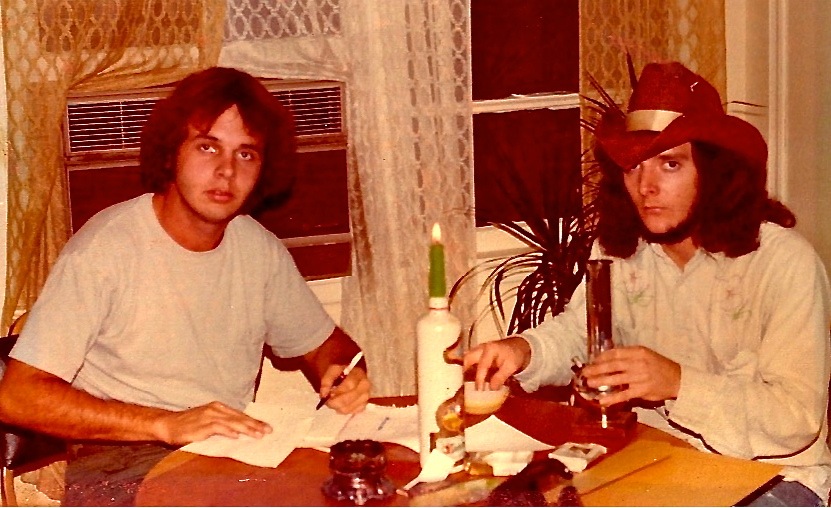
Guitar player Chris Sheppard and Cowboy in Jimmy Lanier’s house in Center Point, Alabama, 1977: Scanned by Glynn Wilson
For awhile there we traveled all over the South playing clubs and one-nighters, and regularly played the Broadway Club in the old Underground Atlanta. An agent found us there one night and tried to sign us to an exclusive deal. He started booking us all over the place, but the routing of those gigs was unorganized madness. We would set up and play in a club in South Carolina one night, then do a one-nighter on the Mississippi Gulf Coast the next and have to break everything down and play in Florida the next night. In those days, we had our own equipment truck and had to break down and setup a grand piano, a B3 organ and Leslie and a massive PA system. It was hard work and you never seemed to get enough sleep, especially considering all the partying we did then. Some members of the band didn’t want to sign an exclusive contract and keep up that grueling schedule, however, so we didn’t get the deal and our work dropped off.
For a time Lovejoy, Sheppard and I lived together in an old farm house off Carson Road between Center Point and Gardendale. If any of my old friends from high school somehow find this online, you may recall we had our own local version of Woodstock there. We setup on the back porch and people flooded in and filled the yard with the biggest party anybody ever had in those parts in those days.
When the Crimson Tide band signed the record deal with Capitol, while they were out of town recording in LA and touring, we took over their gig at the Crossroads, which at that time had been sold by Greg Straub’s dad to Al Pilkington. It became Al’s Crossroads. He owned Al’s Cabaret on Birmingham’s West End, the late night bar where I once played pinball until the sun came up with Richey Hayward, the drummer for Little Feat. In the biggest show we got booked to play, we opened for Eddie Money in the big auditorium at the University of Montevallo. We were the last house band in the old Hollywood Underground in Homewood before Tony Ruffino bought it and turned it into Brother’s Music Hall.
But after Lanier was booted from the band for some crazy shit he pulled in Atlanta, and then I left in early summer 1979 and went back to college in the fall, that band ended up in the Ramada Inn Airport Lounge, never to be heard from again. But I ended up booking Louisiana’s LeRoux, another Capitol Records band signed at that time, in the Crossroads for a college valentine banquet in the winter of 1981.
In the summer of ’79, thinking about a future in rock and roll seemed impossible after it became obvious that the Crimson Tide band was not going to make it. The Alabama Power band, the best band in town, got screwed by Capitol Records and had no big hits and was not touring much. So it felt like the lights going out on the American Dream, the rock and roll dream.
The Mixx Band
When Crimson Tide broke up after the second album came out, Dale Perkins came to see me in Tuscaloosa when I was a junior at the university in the winter-spring semester of 1982. He begged me to run sound for a new band, The Mixx, with him on drums and J.J. Jackson on bass and vocals, Rick Poleman on guitar and vocals, and Norman Jenkins on keyboards and vocals. We had a blast on tour in the spring and summer of ’82, in some ways the time of my life. Dale got me to sit in on drums almost every night, always in the last set so he could take a break with a rum and coke out front and listen to the sound of the band and his drums.
One of our favorite gigs was playing the Shy-Anne Social Club on the Gulf Coast in Pass Christian, Mississippi. Oh, the stories I could tell. Another was the Gallery club in Demopolis, Alabama. There we had our own band house out in the country, and we once played a Sunday concert for the owner out back of his little mansion with a pool in the back yard. Talk about skinny dipping. Then of course there was Flip’s Lounge on Valley Avenue in Homewood, where Dale met his first wife Tammi, and I met the love of my life.
But living on the road was exhausting after awhile. Sleeping in between gigs on the leather seats in the back of a 1975 white Lincoln Continental Mark IV wasn’t all bad, but it got old after a few months without a break.
Burned out on the road, I said adios boys, and went back to UAB for the fall quarter in ’82. It was too late for August registration in Tuscaloosa, and I wanted to hang out with my new girlfriend on Southside for awhile anyway. We hung out listening to jazz at Joe bar in Five Points South, where famous photographer Rowland Scherman was the first bar owner in Birmingham to sell imported beers, including Bass Ale from England. It was the choice beer of Hunter Thompson at the Watergate Hotel in Washington when he was covering Nixon’s downfall for Rolling Stone magazine.
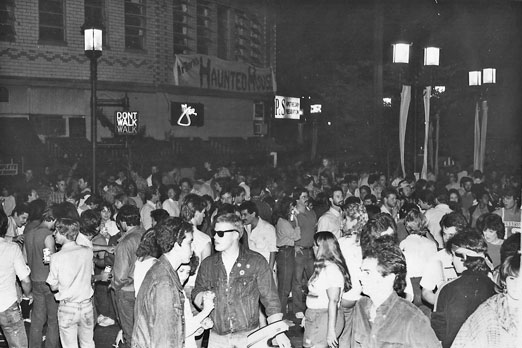
A picture I captured of maybe the first Five Points Fest on Birmingham’s Southside, in the summer of 1982. Glynn Wilson got this shot at the time with a Pentax K-1000 shooting Tri-X black and white film: Glynn Wilson
In fact, the doctor of Gonzo journalism himself came to Birmingham later in the ’80s to speak at UAB. He showed up days late, but we all were in touch by phone and came out to hear him. He had come with a message about Ronald Reagan and Biblical prophesy, but he never finished delivering his remarks. He came out on stage with a bottle of Wild Turkey and a bucket of ice. When he was heckled by the crowd unmercifully, he dumped the ice on the people in the front row and fled to the Birmingham airport to get out of town as fast as possible.
Anyway in January ’83, I moved back to Tuscaloosa to finish my senior year at the University of Alabama studying journalism and Political Science, writing for the daily student newspaper, The Crimson White. The rest of my life after that up through the special election when Doug Jones of Alabama was elected to the U.S. Senate is documented in a memoir, published on Amazon Kindle and in paperback a few years ago: Jump On The Bus: Make Democracy Work Again.
It’s kind of amazing that I have some memories of those days in spite of the fog, the “drugs, sex and rock and roll.” But I never got lost very deep down in it. Of course I tried everything, but never got addicted. I don’t think of those times often. Life is so different now. It was a great time in history to be alive, probably the heyday of individual freedom of all time.
But let’s face it, that was literally 50 years ago.
“Rock on,” as I say sometimes, when it’s time to move on to other stories.
Post Script
This will have to do as my contribution to this part of the story for now. If some publishing house wants to talk about doing the entire book, and willing to pay a significant advance for it, get in touch. Or maybe I’ll tell other stories here one day, perhaps in a film.
I know this may be a little confusing for some people to understand, that is, why am I in this story and not just writing about Wayne Perkins and Lynyrd Skynyrd? Well, this is MY story, so of course I’m in it. Just like Joni Mitchell, Hunter Thompson and Ronnie Van Zant. How could it be any other way? It is “new” literary journalism, as I taught for 10 years at universities in the 1990s. It is a form of “new” journalism published on the web, something I started pioneering beginning with The Southerner magazine online in 1998, then The Locust Fork News-Journal in 2005, and New American Journal in 2014. This month, February 2024, marks the 10th anniversary of NewAmericanJournal.net. Critics be damned. They said it would never work. Here I am, still in business.
___
If you support truth in reporting with no paywall, and fearless writing with no popup ads or sponsored content, consider making a contribution today with GoFundMe or Patreon or PayPal. We just tell it like it is, no sensational clickbait or pretentious BS.
,


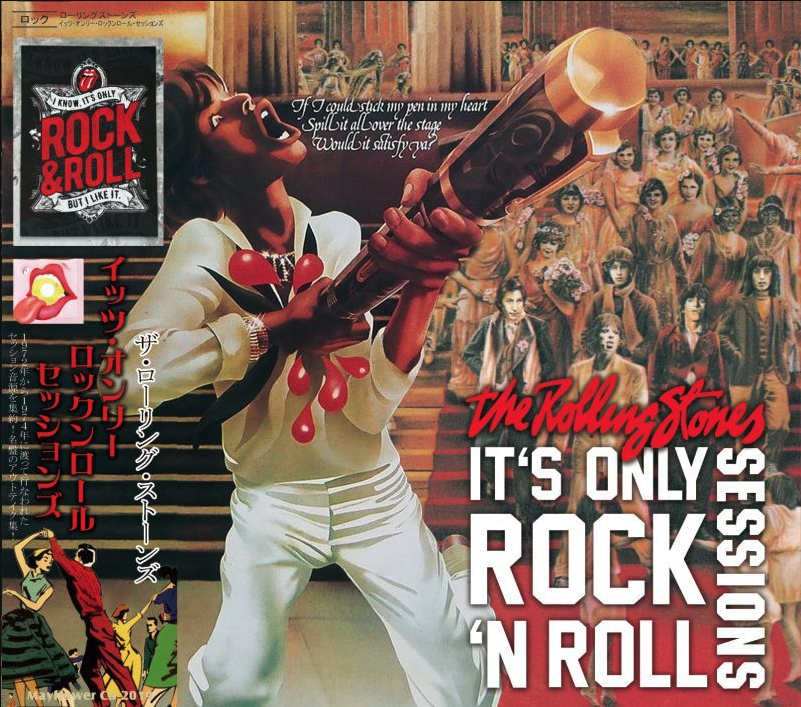
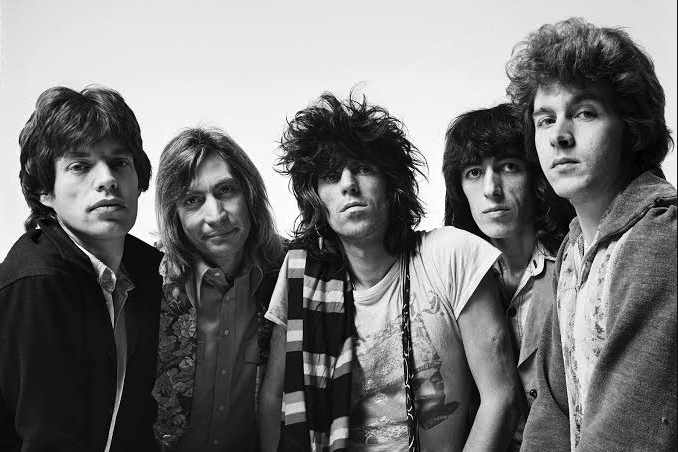
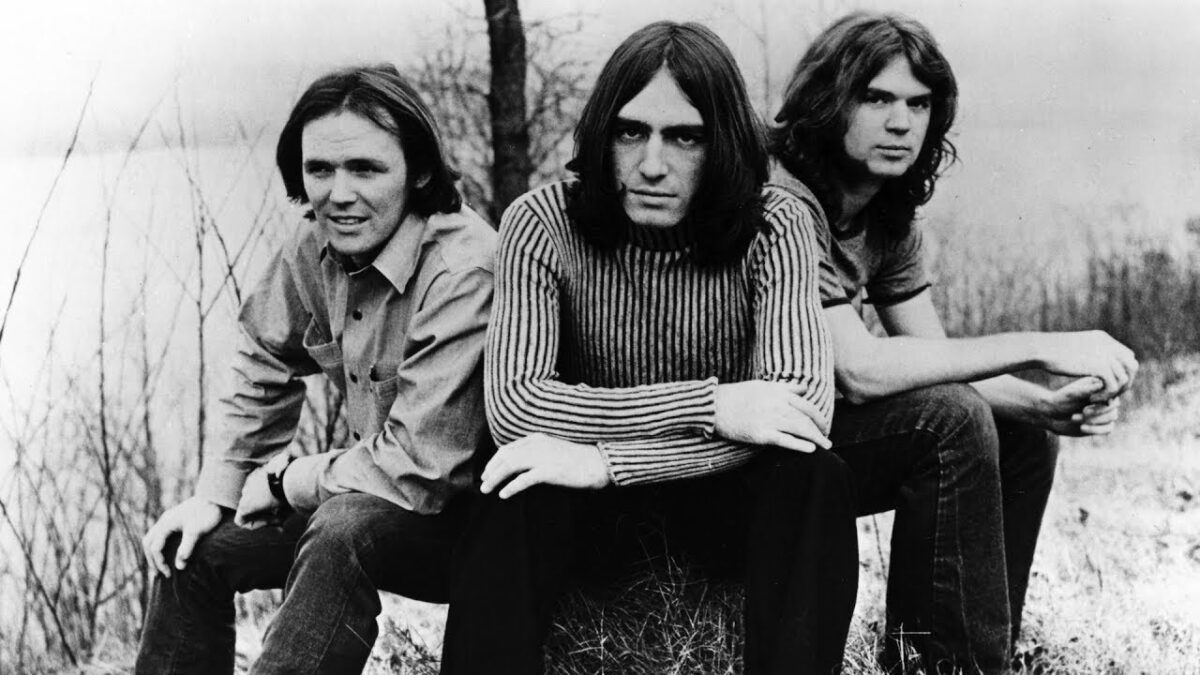
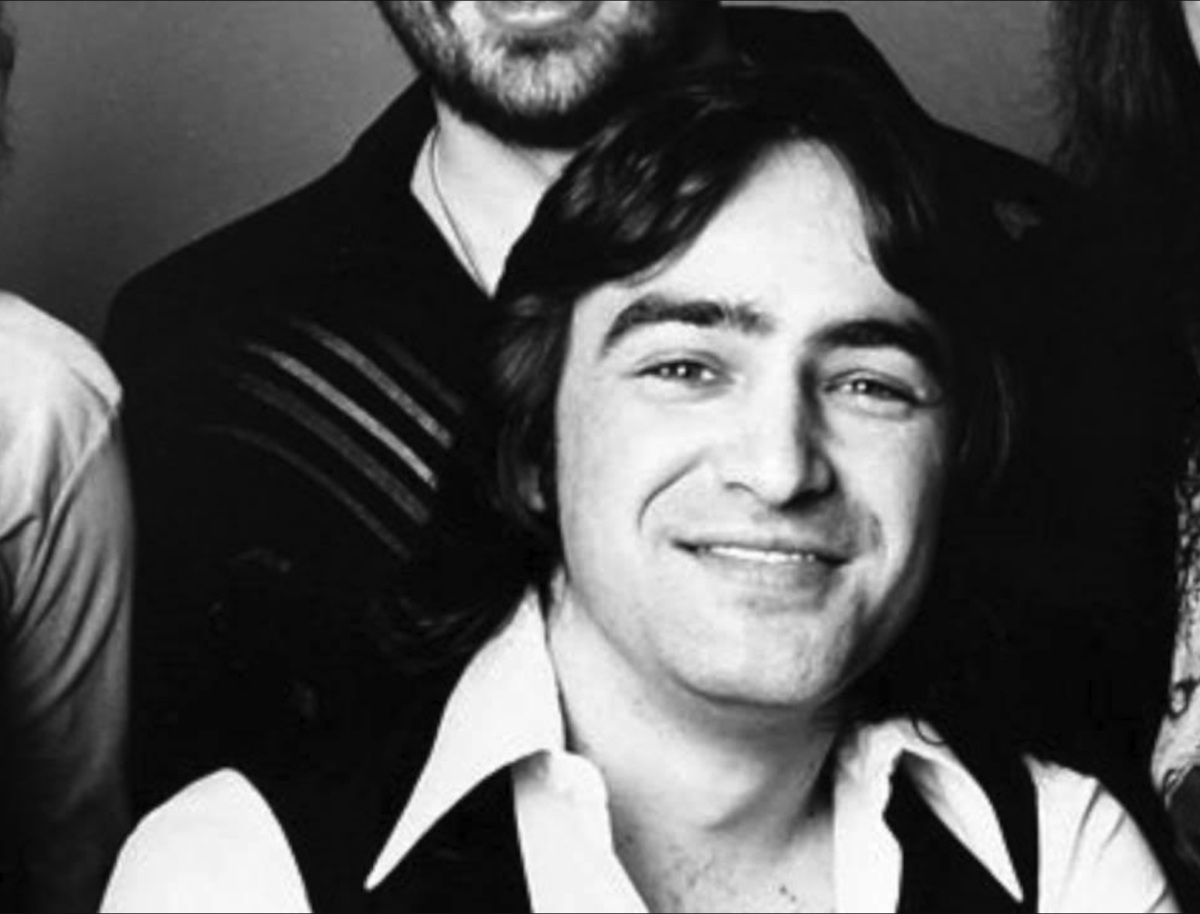
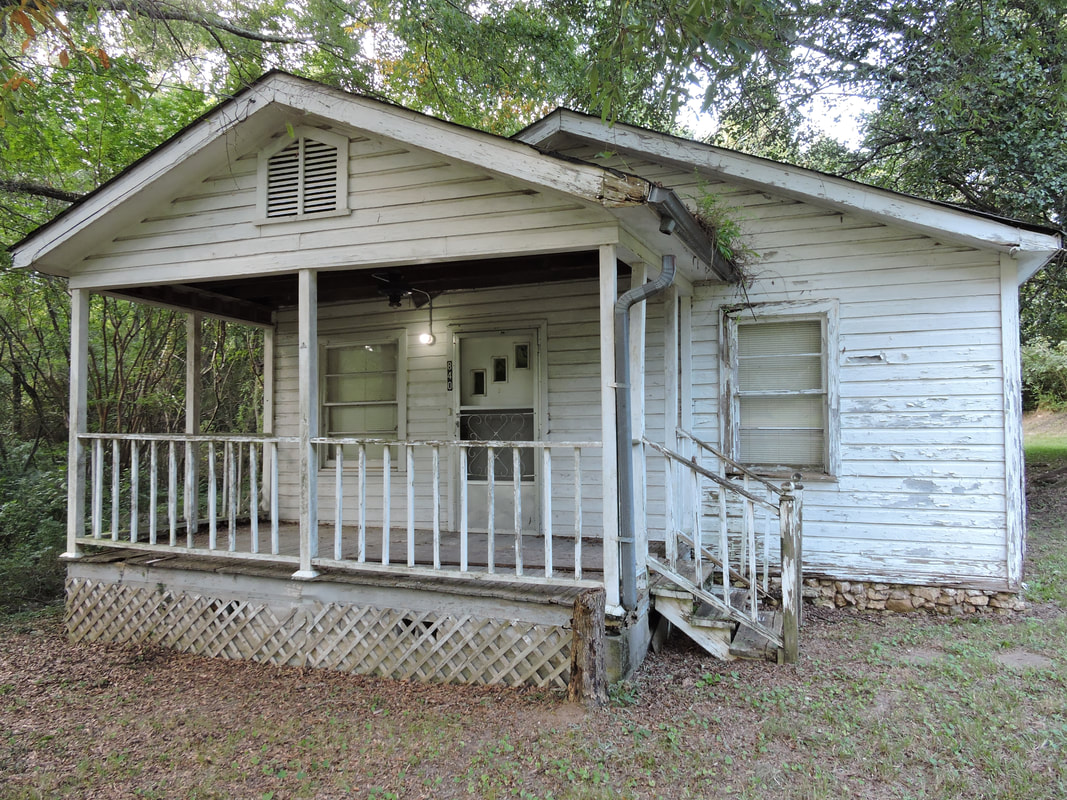
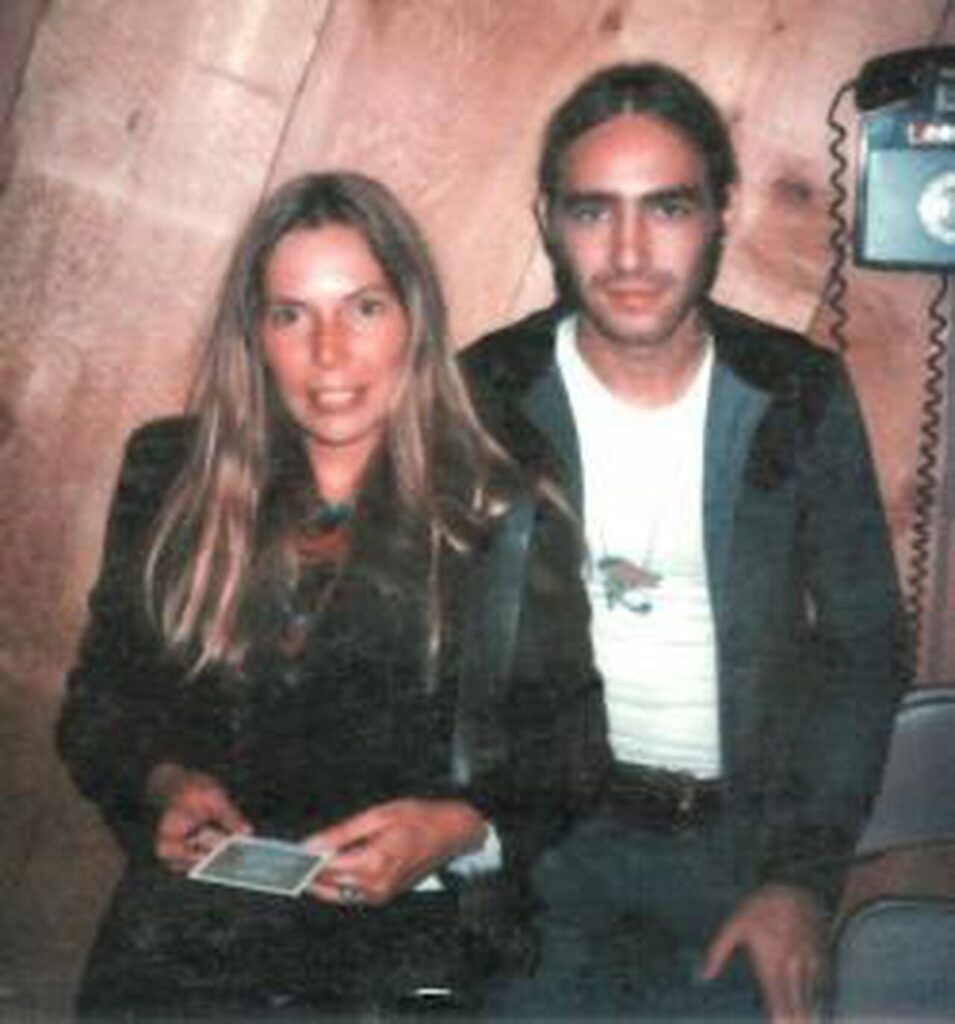
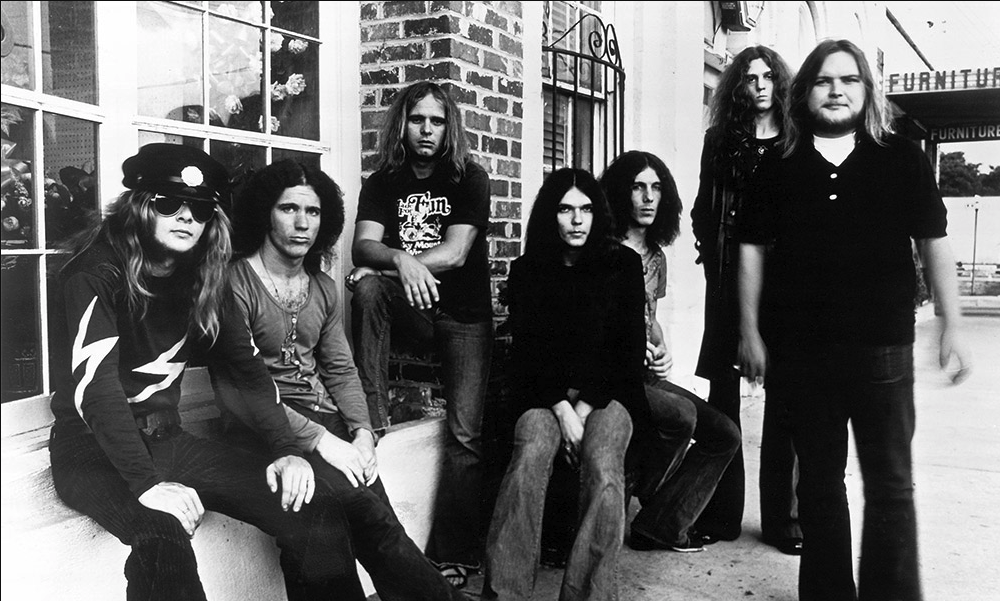
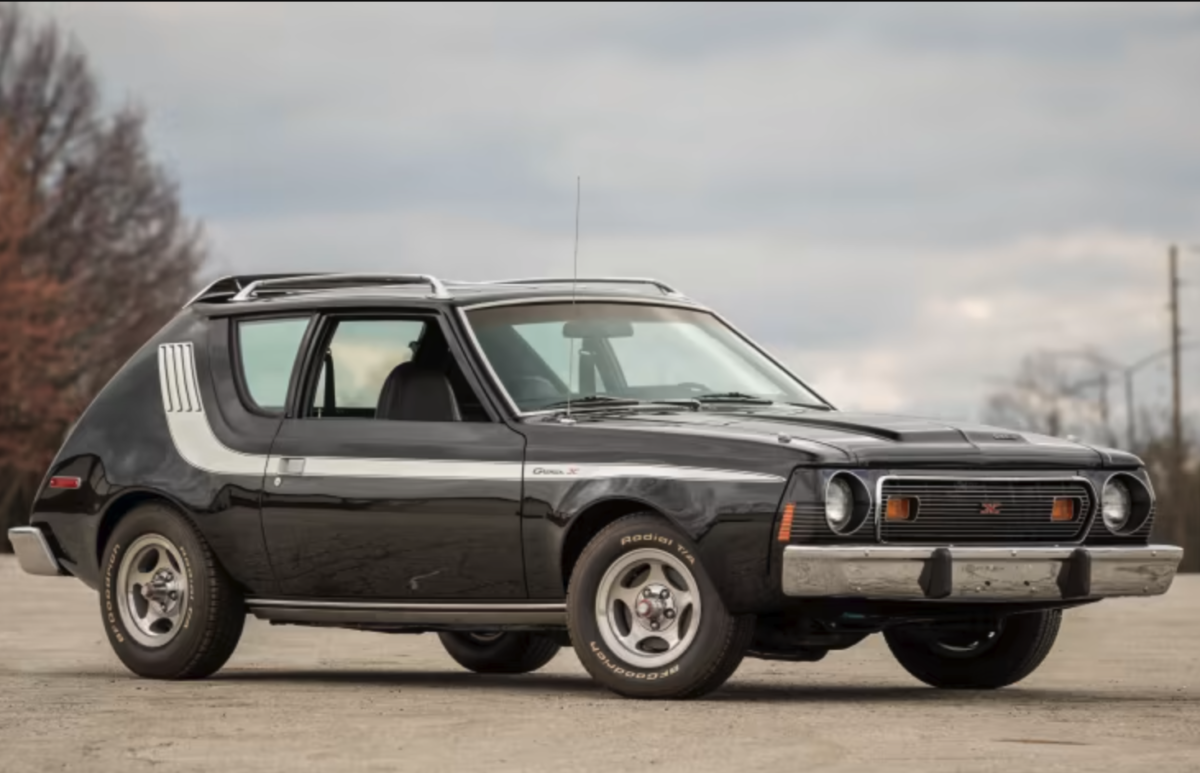
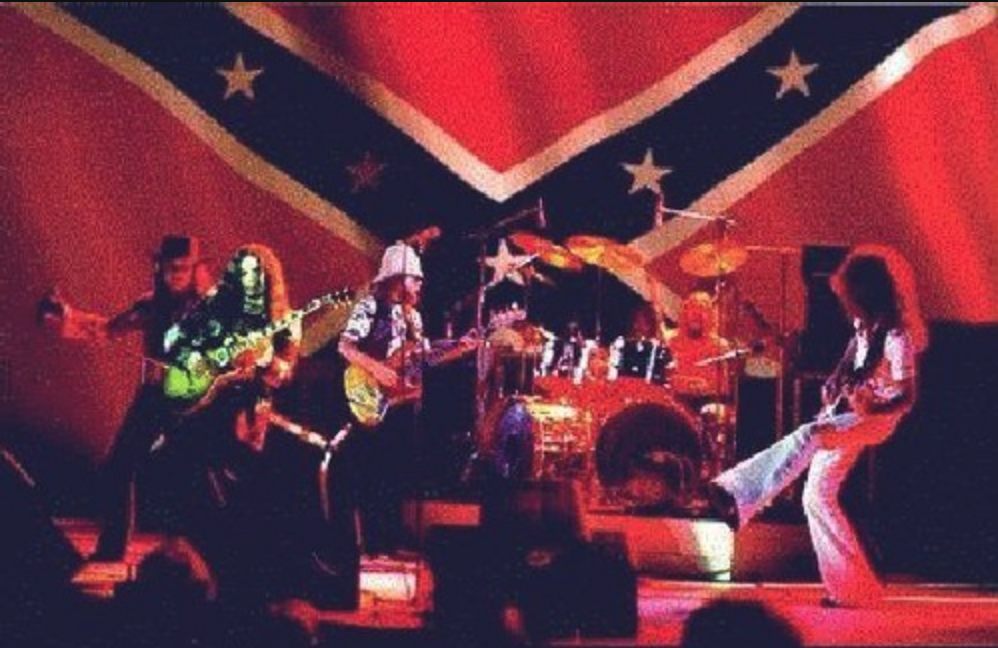
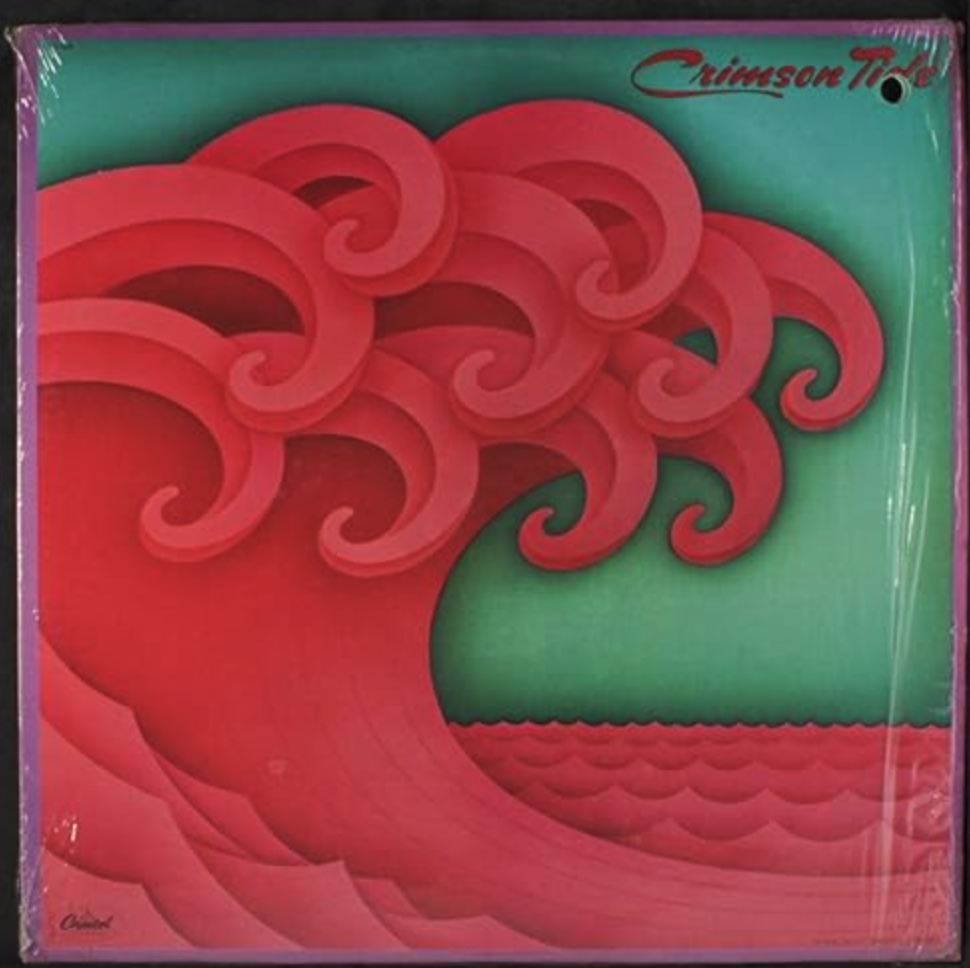
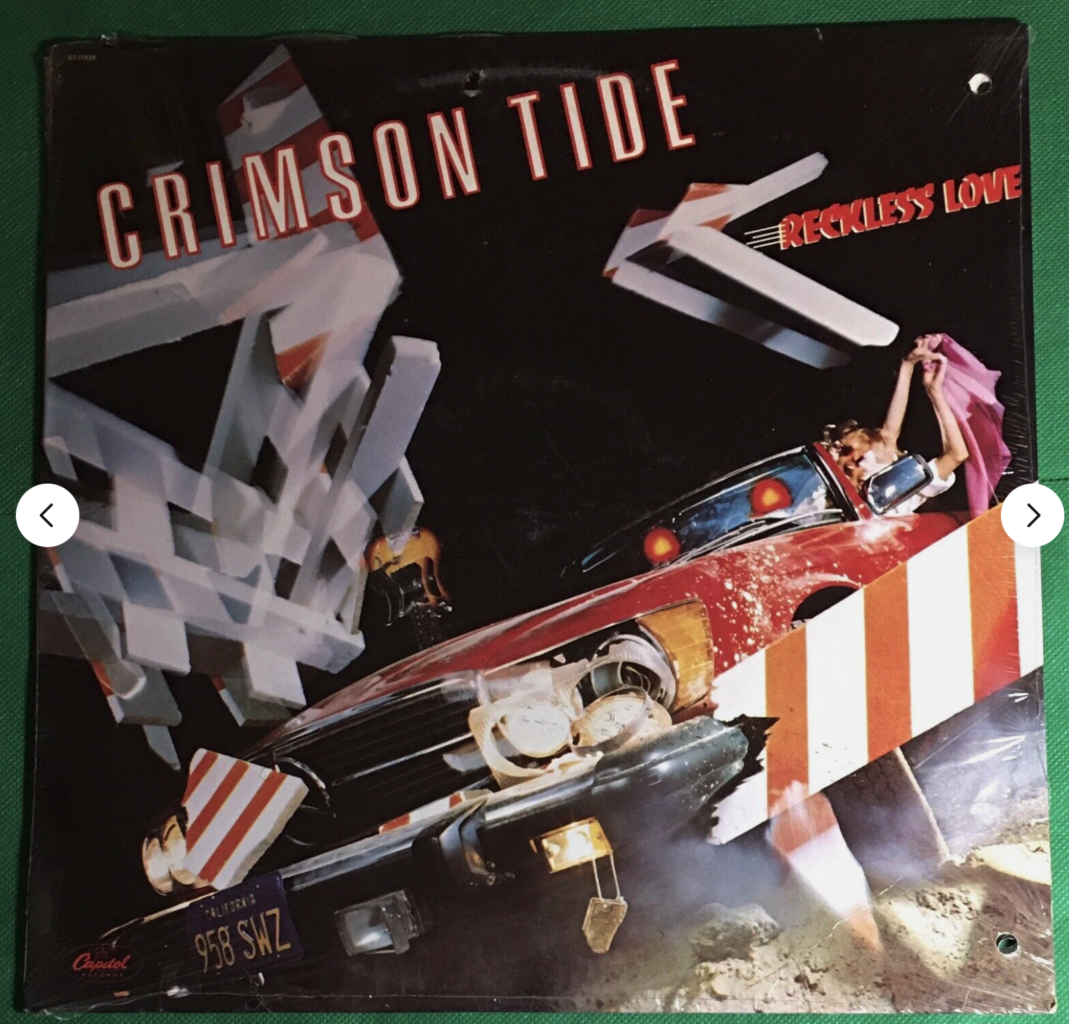

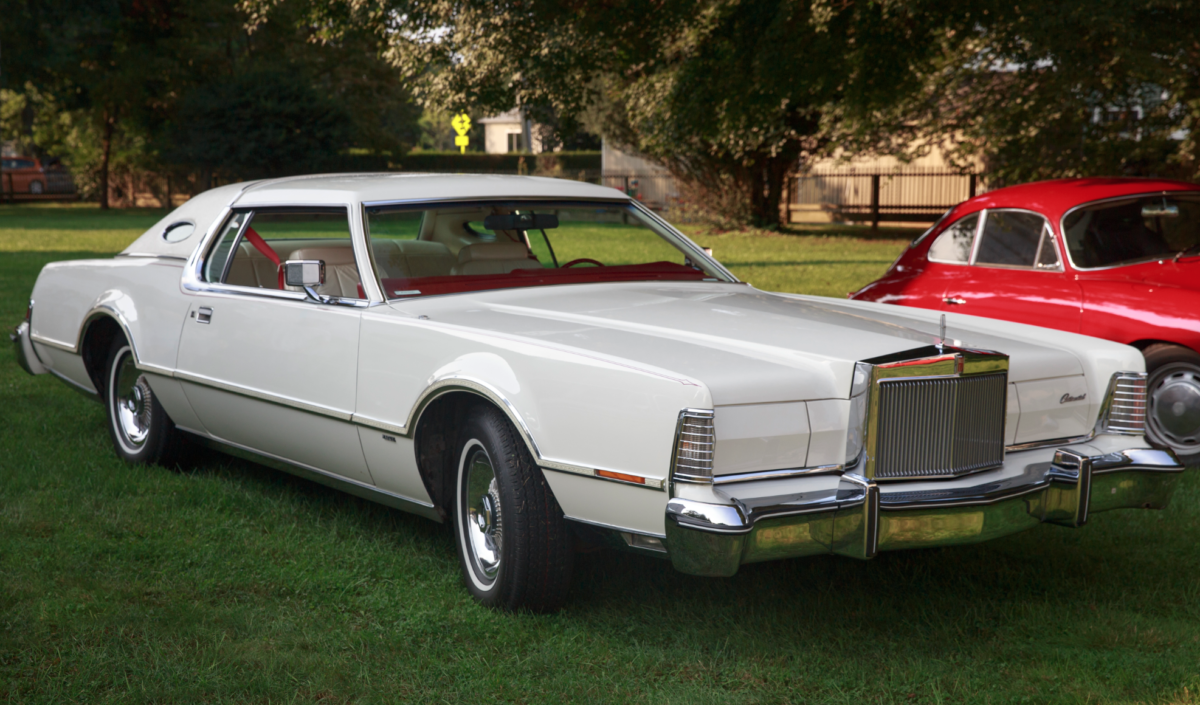






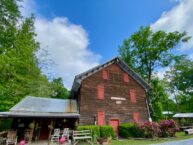





Reader Supported News - No Paywall, Google Ads, Popup Ads, Sponsored Content or A.I. - Support American Journalism with GoFundMe
My story of the years 1968-69 is as follows I was in the Navy assigned to the USS Enterprise when I went on liberty I tried to fit in the best that I could with the Hippies on Haight and Ashbury the Filmore and Golden Gate Park.
One evening I was sitting on a door stoop and Janis Joplin runs up to me shouting speed kills speed kills.
She sits next to me and offers me some of what she’s drinking I take a swig and offer her a hit off of my joint. Shortly thereafter she starts singing Mercedes Benz and tells me to sing along. We stand up and somehow Jonny Winter joins us and the three of us is are walking rather jogging around Haight and Ashbury singing Mercedes Benz.
Unfortunately I all I have are memories because I didn’t have a camera or anything to get their autographs. Maybe it’s better this way because those memories are so precious.
Reader Supported News - No Paywall, Google Ads, Popup Ads, Sponsored Content or A.I. - Support American Journalism with GoFundMe
I was at Rockwood Field, a friend of mine hooked me up with an opportunity to set up the stage (scaffolding).
I remember Ruffino/Vaughn Productions. I earned 5 complementary passes, (also set up stage for Humble Pie and KISS). I don’t recall if or who the guest bands were.
I, at one time, saved all concert tickets but due to destructive lifestyle, lost all of them.
At the end of the show I recall waiting a long time for the roadies to clear the stage so we could disassemble the stage, the Barons were playing the next day. While we waited they asked us to pick up trash and help people (some were passed out, drunk?), found a bag of refer, and payment for that chore was 5 complementary passes to the next show at Rickwood Field. I was very popular.
Reader Supported News - No Paywall, Google Ads, Popup Ads, Sponsored Content or A.I. - Support American Journalism with GoFundMe
Thanks for the comment. Do you remember how many encore songs they played before the power got turned off? Follow the new YouTube channel where we are archiving Wayne’s song library: https://www.youtube.com/@fast2write
Reader Supported News - No Paywall, Google Ads, Popup Ads, Sponsored Content or A.I. - Support American Journalism with GoFundMe
When in 72 I was around 12 or 13, a group of friends would walk from Center Point to what was then a swimming lake or boy scout camp called Lake Cosby. any ways back to my story i decided to stay a little longer after all the other guys had stared to walk back home, so about two hours later i left and was so tired when i got to 25th Ave on the east side of CenterPoint i was so thirsty i stopped at little white house to rest and there was this long hair guy cutting grass and we talked for a few and i believe it was his mother that gave me a glass of water at the time i didn’t know anyone on that side of Center Point, but latter on when in high school i found out while in the Band that who’s house i was at that hot summer day, so that my claim to fame with a brush of one of the best Guitar players that has every came out of Alabama,
Reader Supported News - No Paywall, Google Ads, Popup Ads, Sponsored Content or A.I. - Support American Journalism with GoFundMe
Cool. Did you ever hear them play?
Reader Supported News - No Paywall, Google Ads, Popup Ads, Sponsored Content or A.I. - Support American Journalism with GoFundMe
Very good read Cowboy. I appreciate the history you’ve written. It clarified a lot of things for me. I’d love to sit down and talk with you sometime.
Reader Supported News - No Paywall, Google Ads, Popup Ads, Sponsored Content or A.I. - Support American Journalism with GoFundMe
How would we get in touch? Are you on Facebook? Follow the new official Wayne Perkins fan group: https://www.facebook.com/groups/wayneperkins/
Reader Supported News - No Paywall, Google Ads, Popup Ads, Sponsored Content or A.I. - Support American Journalism with GoFundMe
I was friends with Dale & Wayne. The Perkins house was across the street from the Hale’s house where my aunt grow up, Dorris Hale Hancock. Funny, it was a small place Center Point. E B Erwin was a great school. It seems like yesterday when Wayne & Dale got their signing contract with Capital.. They were a good band! Hate that they had problems personality in the band. Great guys! I graduated in 1970 from Erwin. Went off to college but stayed in touch with what Dale & Wayne was doing….. Dale was so happy to play with big brother!!!
Reader Supported News - No Paywall, Google Ads, Popup Ads, Sponsored Content or A.I. - Support American Journalism with GoFundMe
Glad you found the story. Follow us on Facebook and YouTube: https://www.facebook.com/groups/wayneperkins/
Reader Supported News - No Paywall, Google Ads, Popup Ads, Sponsored Content or A.I. - Support American Journalism with GoFundMe
Testing…
Reader Supported News - No Paywall, Google Ads, Popup Ads, Sponsored Content or A.I. - Support American Journalism with GoFundMe
It’s working…